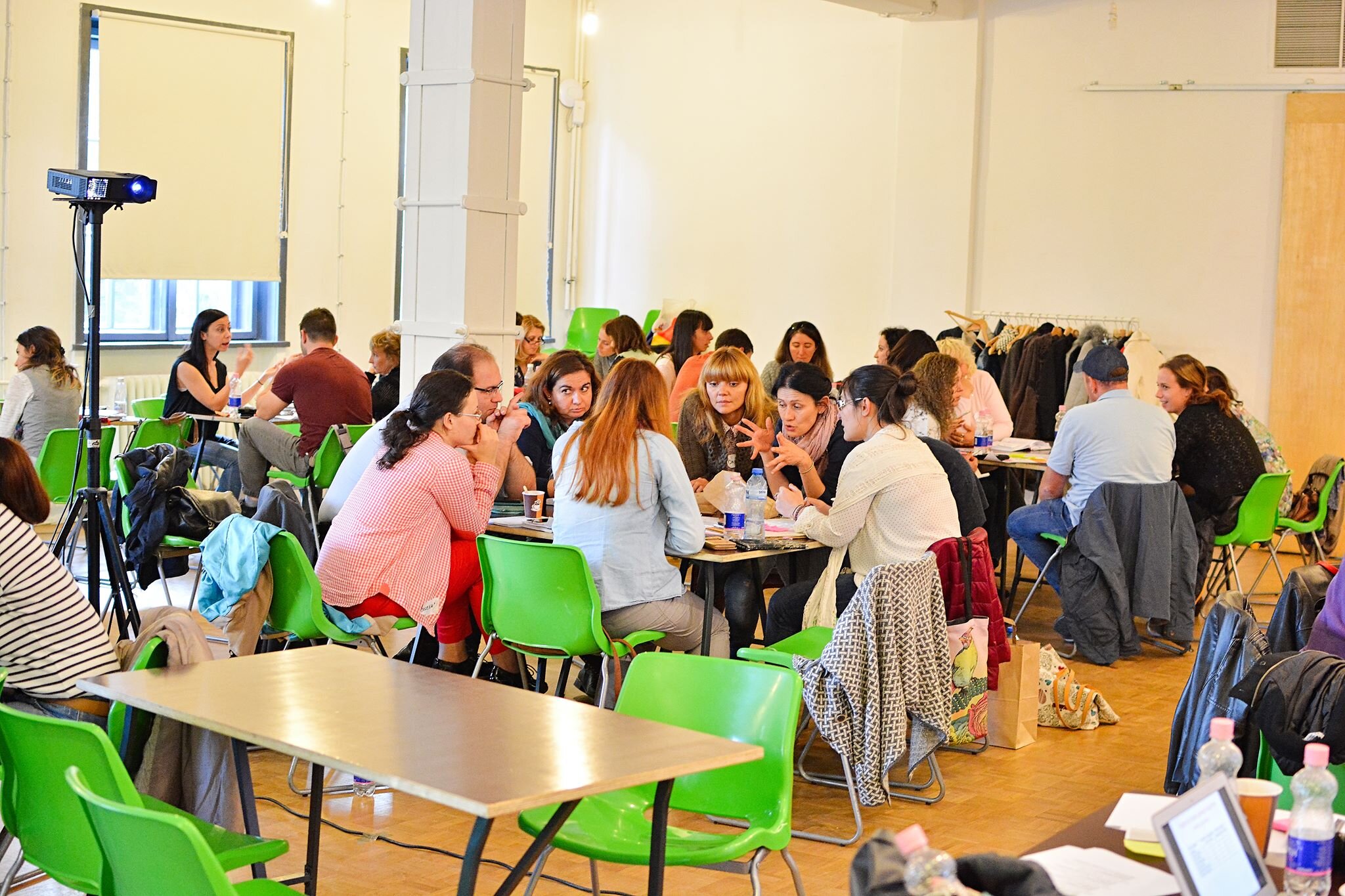
About us
The aim of the FUSE project is for social innovations in Ireland, Bulgaria, Cyprus and Portugal to have support from a strong network of cross-sector stakeholders and promoters at a national and EU level.
The FUSE Project is a consortium which uses transnational cooperation and shared learning at its heart for the establishment of National Competences Centres for Social Innovation (NCCSIs).
The overall objective of the FUSE project is to improve the ESF+’s effectiveness as an instrument that supports social innovation, channelling it towards the greatest societal challenges faced at the regional, national and European levels.
Over a two-year period, the Consortium members will work to identify, test out, and validate the needs and gaps in the social innovation ecosystems with input from key ESF+ and social innovation stakeholders in each of the countries covered, with the goal of ultimately establishing a sustainable and responsive NCCSIs.
The FUSE project aims to support social innovation stakeholders through capacity building, knowledge transfer, networking and synergies leading to the following outcomes:
Increased transnational knowledge-sharing between competency centres at EU level
Improved support mechanisms available for key social innovation stakeholders
Strengthened public policy and capacity on the national and/or transnational levels to support social innovation
Strengthened transnational cooperation in developing social innovations
Increased likelihood that social innovation projects become ‘scaling ready’
Improved conditions for testing, replication and/or upscaling of social innovations
Each country overcomes and addresses any gaps in the social innovation ecosystem.
The FUSE Project will create the framework conditions and enabling environment where social innovation can emerge and scale. The Project can have real and lasting impact, by working to build capacities of key social innovation players across government, academia, industry and civil society, to strengthen and enhance their capacity to act, encourage cross-sectoral experimentalism, and new, collaborative ways of working.







